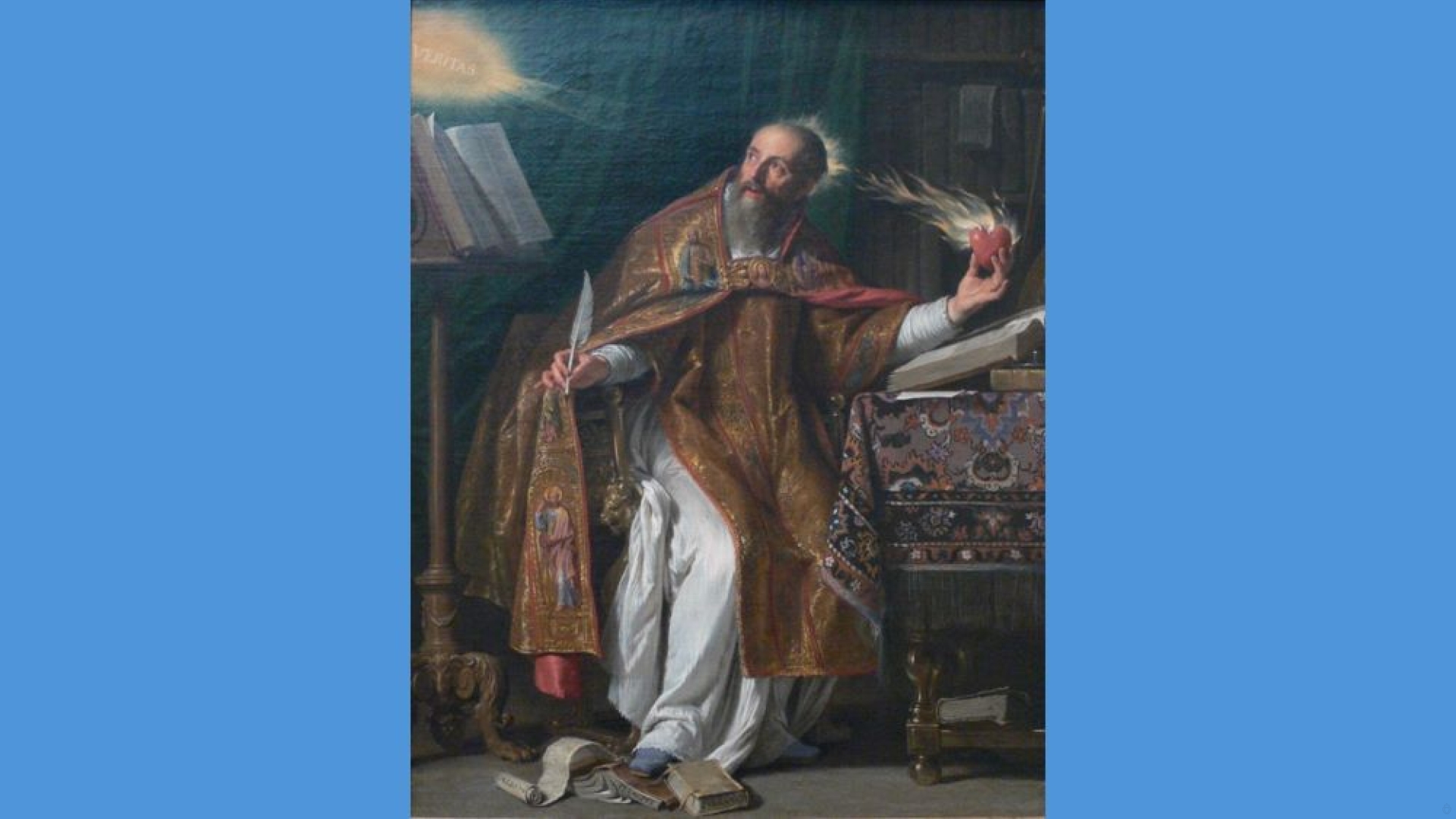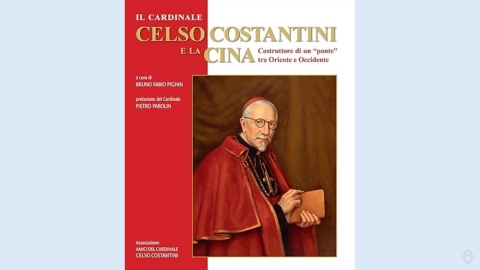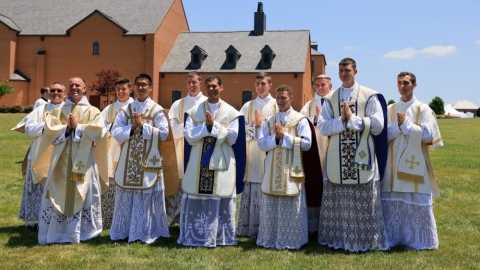The Gifts of the Holy Ghost (2): The Gift of Understanding

St. Augustine enlightened by the Holy Ghost
While the Church and her children celebrate the outpouring of the Holy Ghost during this octave of Pentecost, FSSPX.News offers an opportunity to discover a little better these seven gifts granted by God’s goodness to our souls in order to sanctify them. After discovering why this sanctification bears the name of gift or spirit, let us consider the seven divine gifts, starting with the gift of understanding.
St. Thomas compares the gift of understanding to the innate light that God places in us to discover the truth, called the intellect of first principles or even “intelligence.” He explains that this gift “makes us see clearly that nothing which appears outwardly authorizes us to separate from the faith.” The fruit of this gift is faith--not the theological virtue, but a special certainty of faith.
In this way the mind is perfected so that it proceeds without confusion nor any mixture of errors. This is why, among the beatitudes, it is purity of heart which, according to St. Thomas, corresponds to the gift of understanding. Purity means here distancing from sensible representations and errors, so that the truths about God are received uprightly.
St. Augustine thus recounts in his Confessions that, in his youth, when he had already abandoned the Manichaean error, he could not “conceive another substance than that which is seen through the eyes” and he understood God as “a corporeal substance penetrating the world in all its expanse, and widespread, outside of the world, into the infinite.” He was gradually delivered from this error--a deliverance which must be attributed in part to the gift of understanding.
The Gift of Understanding Is Especially Ordered to Contemplation
The gift of understanding particularly serves contemplation, because through it the Holy Ghost sharpens the intelligence, makes it more discerning and allows it to advance in the light, even when it moves in the darkness of faith. By contemplation, we must not imagine grand mystics: it is intended for all those who possess this gift and yield themselves to its inspirations.
The gift of understanding illuminates the intelligence in such a way that it knows and directly penetrates spiritual things, owing to a certain connaturality and a certain experience. This connaturality is obtained through affection: this is what the gift produces. This is what the psalm says: “O taste, and see that the Lord is sweet” (Ps. 33:9).
Thus the gift of understanding allows us to know spiritual things in a mystical way by virtue of the love which unites us to God, and permits us to experience divine things.
Over what objects does the gift of understanding extend? Over “hidden” objects, which the natural light of our minds insufficiently penetrate. For example, the perception that, in the Holy Eucharist, under the accidents of bread (size, taste, color, etc.) there is no longer any bread.
The Gifts of the Holy Ghost Are Always Present in Heaven
The gifts of the Holy Ghost in general and the gift of understanding in particular remain in the homeland--in other words, in heaven. It does no longer produces exactly the same action, but it participates in the perfect knowledge of God, whether it is known by its effects or in its effects. It is a “complementary” knowledge to the Beatific Vision, from which it derives.
From the vision of God flows intimate love of God and the joy that flows from it: from this joy flows a certain affective and experiential knowledge not only of God in Himself (which is what the Beatific Vision is), but of God as tasted and experienced or touched in us.
According to John of St. Thomas, The Gifts of the Holy Ghost
Related Article:
(Source : MG – FSSPX.Actualités)
Illustration : Philippe de Champaigne, Domaine public, via Wikimedia Commons





